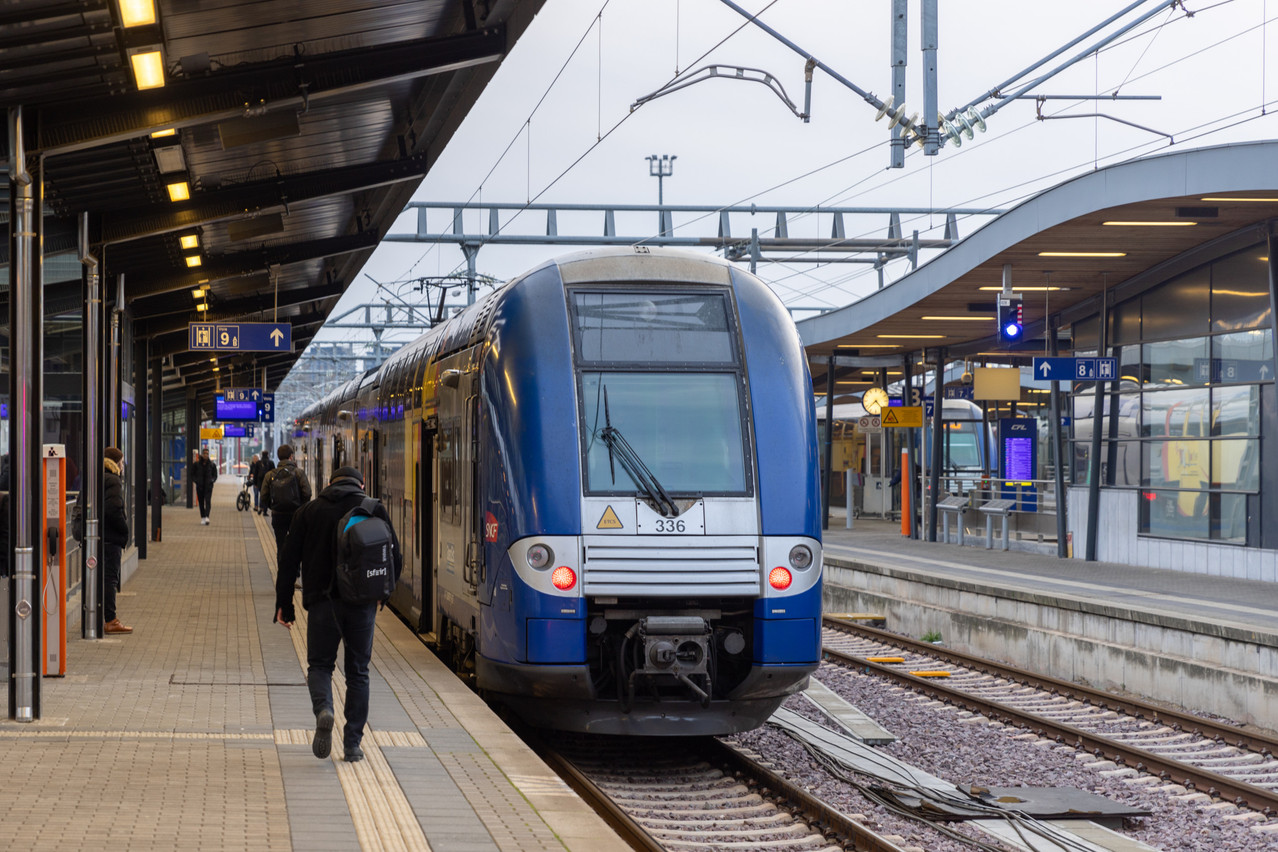The profit train continues to roll. For the fourth year in a row, the SNCF, France’s national state-owned railway company, is posting results in the black, with net profit up 19% to €1.6bn in 2024. “The SNCF group has started the virtuous circle of profitable growth,” enthused CEO Jean-Pierre Farandou at the presentation of the accounts on Thursday. This was his way of ending his term of office on a positive note before handing over the reins in May, after five years at the head of the company.
With sales up 3.8% to €43.4bn, the SNCF has confirmed its growth momentum. This success is due in particular to the performance of the SNCF Voyageurs subsidiary (+5.8% on a like-for-like basis) and the public transport operator Keolis (+9.6%). “These are very significant increases when compared with inflation of 2.4%,” emphasised the group’s financial director, Laurent Trevisani.
High-speed, a growth driver
The high-speed business remains the main driver of this growth. With almost 130m passengers in 2024, the Inoui and Ouigo TGVs saw a record passenger numbers, up 4% on 2023 and 11% on 2019 (the year the covid pandemic). This performance justifies the colossal investments made by the group, which spent €10.8bn on developing its network last year.
On the other hand, logistics provider Geodis, which played a crucial role in limiting losses during the covid crisis, saw its sales stagnate in 2024, suffering from the deterioration in the economic environment in France and around the world.
Another point of satisfaction for management is the control of debt, which hovers around €25bn. For its part, SNCF Réseau has a positive cash position, as required by law, confirming the financial recovery begun in recent years. The company also recruited 18,500 people on permanent contracts last year, making it “the leading recruiter in France,” said the company in a press release.
The question of ticket prices
Behind these flattering figures, however, the issue of ticket prices remains sensitive. While the SNCF raised its fares by 1.5% in January, Farandou defends himself: “The average price of a TGV ticket has remained stable at between €45 and €47 for years. We haven’t even passed on half of the rise in costs in ticket prices. This can be seen in our results: paradoxically, the only business whose margin is falling is the TGV business. We have made this choice to maintain attractive prices for our customers.”
As a reminder, the SNCF and the Grand Est region also increased the price of TER seasonal tickets at the start of the year. Cross-border commuters taking the train from Nancy, Metz or Thionville have had to pay 3% more since January.
To continue to develop, the SNCF hopes to welcome the first new-generation TGV trains in early 2026, thus increasing the number of seats available on high-speed services.
This article was originally published in .
